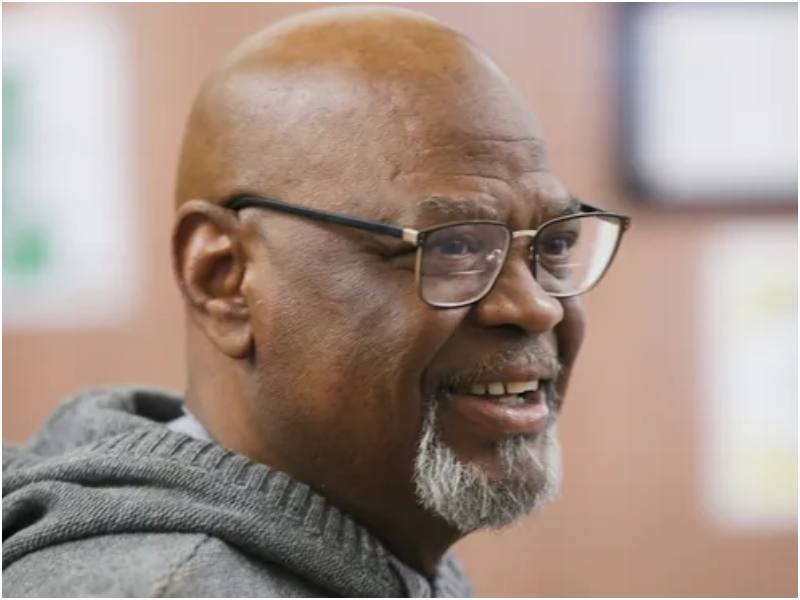A 71-year-old man who spent nearly five decades in prison for a murder he did not commit has been awarded $7.15 million in a settlement after it was revealed that police falsified witness statements to secure his conviction.
Glynn Ray Simmons, the longest-serving inmate in U.S. history to be exonerated, was wrongfully imprisoned for 48 years, one month, and 18 days before his release in July 2023.
In 1975, Simmons was convicted of murdering Carolyn Sue Rogers, a liquor store clerk, in Edmond, Oklahoma.
He was sentenced to death based on what was later exposed as fabricated testimony.
Police claimed a witness, who was wounded during the robbery, identified Simmons and his co-defendant as the suspects.
However, the recent investigation revealed that police not only falsified this report but also withheld evidence showing that the witness had initially identified two other individuals as suspects.
Simmons successfully filed a civil rights lawsuit against the Edmond City Council and a former police detective for the wrongful conviction.
The lawsuit highlighted egregious misconduct, including the fabrication and suppression of critical evidence that led to Simmons spending nearly 50 years behind bars.
On Monday, the Edmond City Council agreed to settle the lawsuit, approving a $7.15 million payment to Simmons.
Simmons’ case underscores the enduring consequences of wrongful convictions and raises questions about the adequacy of financial settlements in cases of such profound injustice.
While the settlement is substantial, many legal experts and advocates question whether any amount of compensation can truly address the loss of nearly half a century of a person’s life.
“Neighbors, is that enough?” has become a refrain within the community, reflecting the ongoing debate about whether financial compensation alone is sufficient to remedy the irreversible damage done to wrongfully convicted individuals like Simmons.
Simmons’ legal battle has drawn attention to systemic issues in the criminal justice system, particularly in cases involving police misconduct.
Despite his release and the settlement, Simmons and his supporters continue to advocate for broader reforms to prevent similar injustices from occurring in the future.
The Edmond City Council’s decision to settle marks a significant acknowledgment of the errors made in Simmons’ case, but it also highlights the need for accountability in law enforcement practices.
As more wrongful convictions are uncovered, cases like Glynn Ray Simmons’ serve as a reminder of the devastating human toll of judicial failures and the importance of continued vigilance in protecting the rights of the accused.

